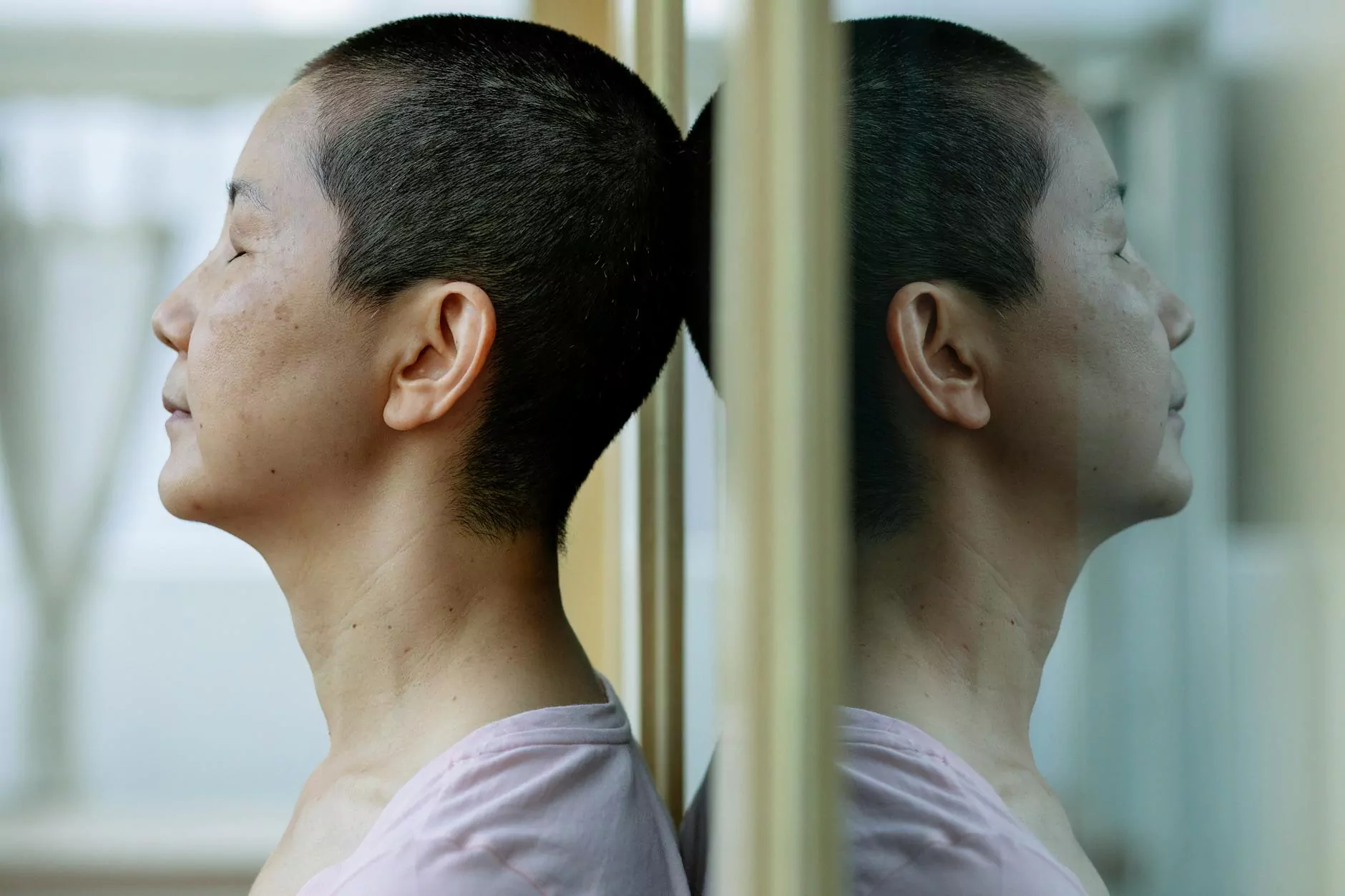Sleep and Low Testosterone—An Overlooked Connection
Health
Understanding the Relationship
When it comes to optimizing your health, it's essential to consider the intricate connections between sleep and hormonal balance. One often overlooked but significant relationship exists between sleep and low testosterone levels. At CHI St. Luke’s Health - Performance Medicine, we understand the importance of addressing this connection and its impact on your overall well-being.
The Impact of Sleep on Testosterone Levels
Sleep plays a critical role in maintaining healthy hormone levels, including testosterone. Research has shown that inadequate sleep duration and poor sleep quality can lead to a decline in testosterone production. When you consistently experience insufficient sleep, your body's ability to produce testosterone becomes compromised.
The Sleep-Testosterone Connection
While the relationship between sleep and testosterone may seem like a complex web, it can be simplified by understanding the following:
- Sleep Quantity: Getting enough sleep is crucial for maintaining optimal testosterone levels. Aim for a recommended 7-9 hours of quality sleep every night. Consistently getting less sleep than needed can disrupt the delicate balance of hormones in your body, including testosterone.
- Sleep Quality: It's not only about the quantity of sleep but also the quality. Engaging in activities that promote deep, restorative sleep, such as following a regular sleep schedule, creating a comfortable sleep environment, and practicing relaxation techniques, can help support healthy testosterone levels.
- Sleep Disruptions: Certain factors can disrupt your sleep, leading to adverse effects on testosterone. Sleep disruptions can be caused by conditions like sleep apnea, insomnia, or restless leg syndrome. Seeking medical guidance from CHI St. Luke’s Health - Performance Medicine can help identify and manage these underlying conditions, ensuring better sleep and hormonal balance.
- The Vicious Cycle: Sleep deprivation and low testosterone can create a vicious cycle. When testosterone levels are low, it can affect sleep quality, leading to further hormonal imbalances. Breaking this cycle is essential for overall health and well-being.
Addressing Sleep and Low Testosterone
At CHI St. Luke’s Health - Performance Medicine, we offer specialized services aimed at addressing sleep-related issues, including those affecting testosterone levels. Our team of experts understands the connection between sleep and hormonal balance, providing comprehensive solutions tailored to your specific needs.
Our Approach to Sleep Optimization and Hormonal Balance
When you choose CHI St. Luke’s Health - Performance Medicine, you can expect:
- Thorough Evaluation: Our experienced medical professionals will conduct a thorough evaluation of your sleep patterns, hormonal levels, and overall health to understand the root causes of your sleep and low testosterone concerns.
- Personalized Treatment Plans: Based on our findings, we will create customized treatment plans that aim to optimize your sleep quality and address any underlying hormonal imbalances.
- Collaborative Care: We believe in a holistic approach to your health. Our team ensures seamless collaboration between sleep specialists, endocrinologists, and other relevant healthcare professionals to provide you with comprehensive care.
- Evidence-Based Solutions: Our treatments are backed by the latest research in the field of sleep medicine and endocrinology, ensuring you receive evidence-based solutions for your sleep and low testosterone concerns.
- Long-Term Support: We are committed to your well-being even beyond your initial consultation. Our team will provide ongoing support and guidance to help you maintain optimal sleep and hormone balance.
Take Control of Your Sleep and Hormonal Health
Don't let sleep deprivation and low testosterone levels hinder your quality of life. CHI St. Luke’s Health - Performance Medicine offers cutting-edge solutions to help you achieve optimal sleep and hormonal balance. Contact us today to schedule your consultation and take the first step towards enhanced well-being.
Disclaimer: The information provided on this website is solely for educational purposes and does not constitute medical advice. Consultation with a qualified healthcare professional is always recommended for proper diagnosis and treatment.










